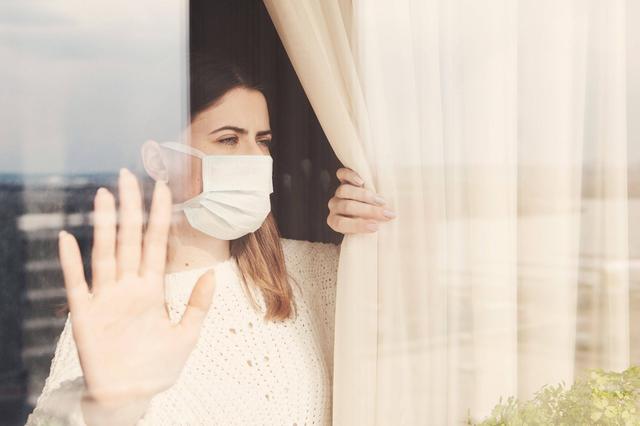"The cabin syndrome", or the anxiety of resuming a social life after the crisis
For almost a week, Belgians have been able to enjoy a drink on the terrace again, and from June 9, new relaxations will come into force in order to gradually return to "normal life". Outings, restaurants, cinema, reception...: for many, this progressive deconfinement is synonymous with relief and liberation. But for others, the resumption of social interactions represents a real nightmare.
"Shack syndrome", sometimes called "snail syndrome", is a term used in psychology to refer to a difficult and distressing return to social life. In the context of a pandemic, this term has resurfaced again and refers to the difficulties that some people encounter in returning to normal life and social interactions after confinement. Several elements can contribute to the development of this syndrome.

It's a beautiful day for @BAFOUND walk in #Connecticut. My daughter @JAR925 was the guest speaker. While each s… https://t.co/U6n35ja5Zo
— Kate Mon Jun 03 22:17:48 +0000 2019
habit and fear
First of all, the first factor is habit: "People are used to the situation as it is now, they have adapted to it. Leaving home, seeing people, going to work or to a bar, these are habits that have to be rebuilt. It takes time", specifies Inez Germeys, professor of psychology (KU Leuven), on Radio 1.
Fear can also play a role: "Some people have developed post-traumatic stress disorder, they no longer dare to come into contact with other people for fear of being contaminated. For people who are no longer used to go out, the perception of the risk of infection is too high," says Inez Germeys.
According to the psychologist, it is essential to help people suffering from this syndrome to avoid depression and loneliness.










10 Ways to Stay Safe When You Live Alone
Hotels, restaurants: tips paid by credit card will soon be tax-exempt
"I was a rot in the evening and a good cop in the morning": meeting with "Haurus", the thug policeman of the DGSI
Will Belgian workers quit?